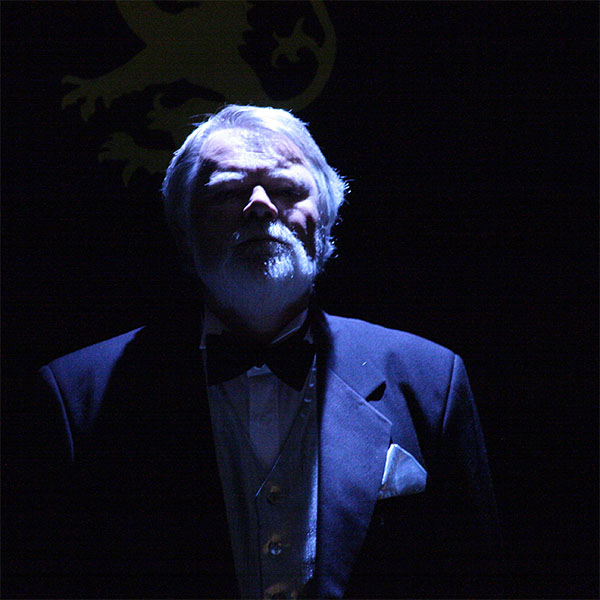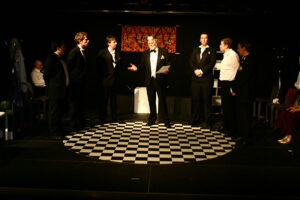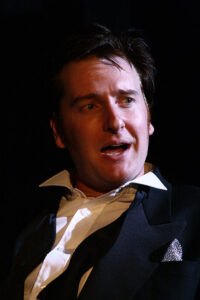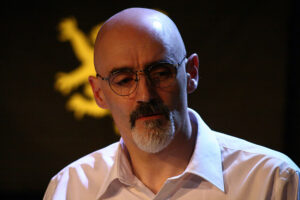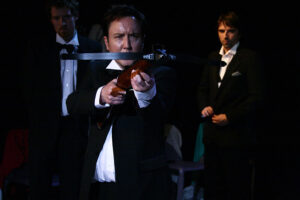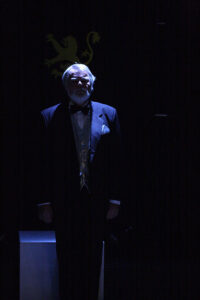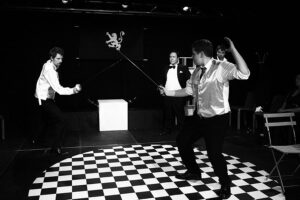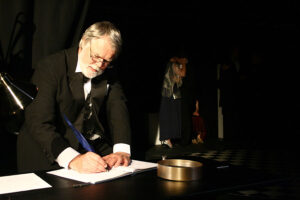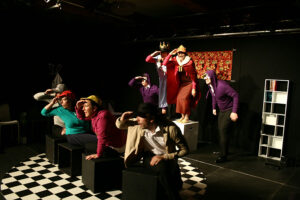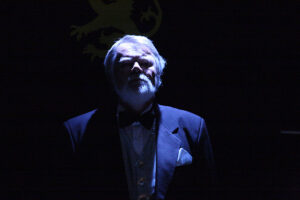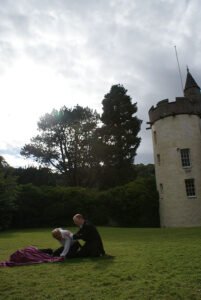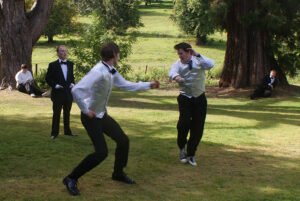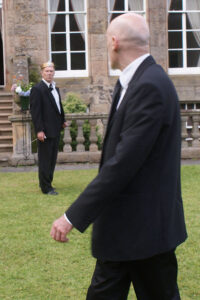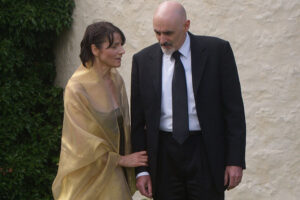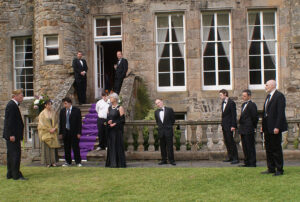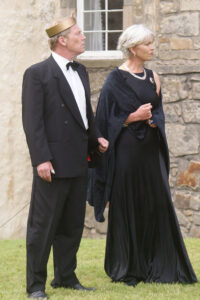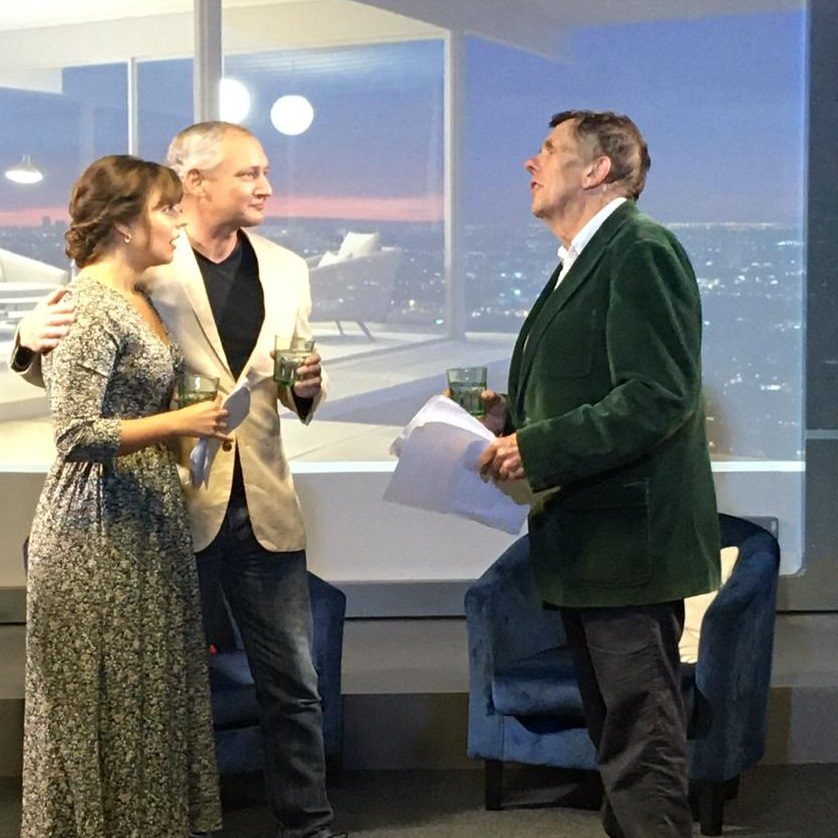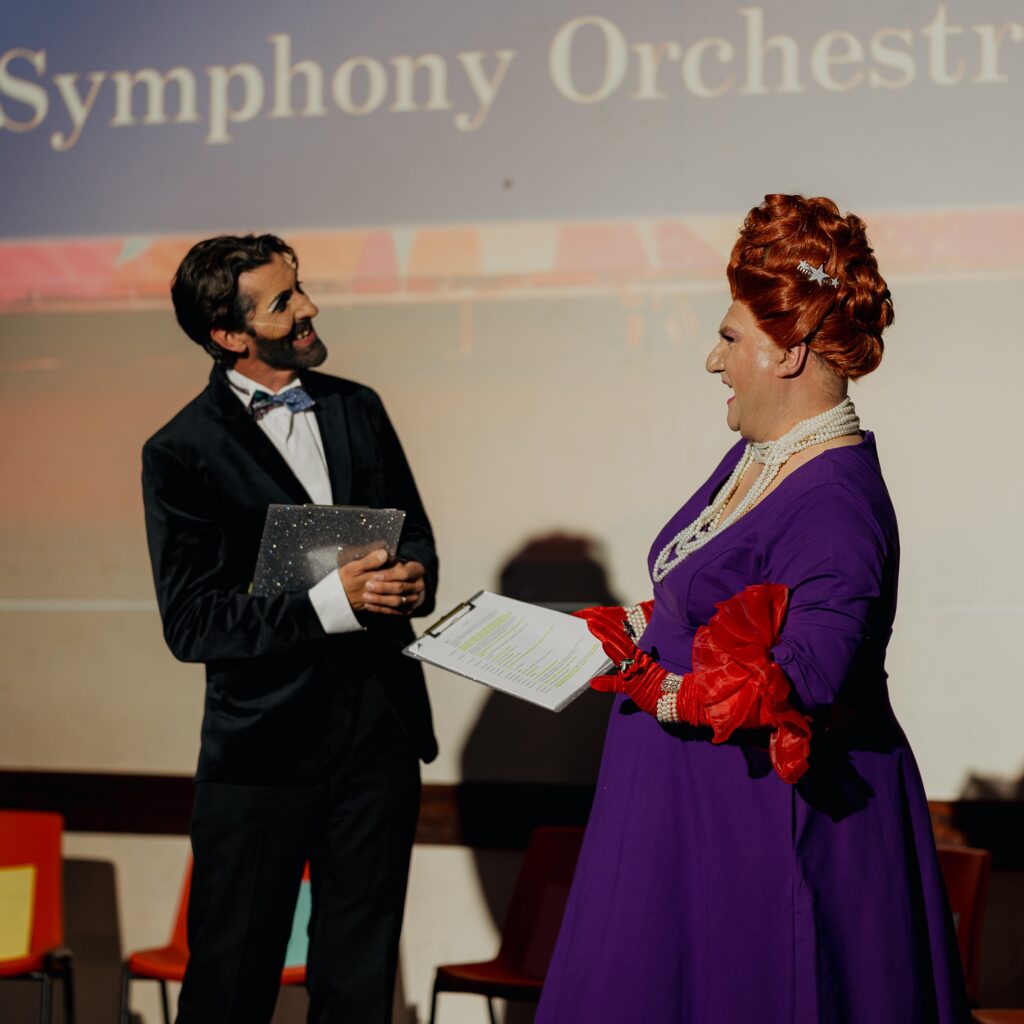The play
Written in a mix of accessible modern blank verse and prose, King Arthur moulds the Shakespearean form for our time. Frustrated by outmoded customs that limit himself and his people both personally and politically, the King tries to impose democracy throughout his Kingdom. This bold decision begins a chain of events with repercussions for his wife Guinevere, his son Mordred, and his closest allies – and it will seal the fate of all his people.
Spectacular modern take on a legend
Edinburgh Evening News
The debates raised by this bold piece of theatre will linger with you long after the play has ended
The List
Politicians should be made to see this play
Richard Demarco CBE, Demarco European Art Foundation
Theatre Performance
The productions
The play has had two theatrical productions so far: one I produced in collaboration with Edinburgh-based theatre company Siege Perilous at the Edinburgh Festival, and another by Siege Perilous in association with the Demarco European Art Foundation, as a promenade performance in the grounds of Craigcook Castle. Over 30 actors – ranging in experience from established West End professionals to promising newcomers – have taken part in the productions.
Full of tragic betrayal, raw emotion and slick performances…a traditional play reinvented with a topical twist.
Laura Webb, Three Weeks
An inspired piece of writing…a progressive and interesting take on classic tale…enjoy.
Barry Gordon, Edinburgh Evening News
My use of blank verse in a modern work has led to an involvement in education, as well as generating academic interest. Read more here.
Promenade performance
Since medieval times the stories about King Arthur have been the most well-known of all English myths. Rewriting them in blank verse is a temptingly traditional way to transform familiar stories into modern drama. All too easily, it can become regrettably ponderous, a pseudo-Shakespearean pattern of speech. That temptation is avoided beautifully and effortlessly throughout in King Arthur. In this modernised version, we are made to adapt our expectations from what we recall of the legend. Instead we focus on the modernity of the problem, where Arthur proposes to democratise his court. The twists this version of the myth sets out contrast intriguingly with our usual conclusions about the Camelot story. As a modern dramatic recasting of one of the oldest and most popular of British legends, it makes the ancient myth thoroughly modern.
Professor Andrew Gurr, chief academic advisor to the project to rebuild the Globe Theatre in London, and best known for his books on Shakespeare and his contemporaries.
